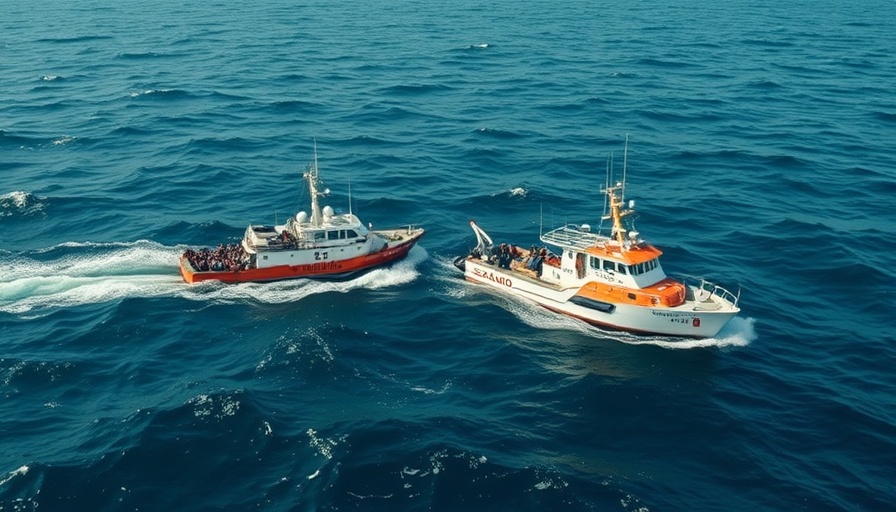
The Battle to Save Florida's Unique Wildlife
In a landmark move to protect Florida's vulnerable species, two environmental nonprofits have teamed up to challenge the Trump administration in court. This legal action comes in response to delays in the Endangered Species Act protections for 11 unique species, including the Florida Keys mole skink, which is emblematic of the conservation struggles facing South Florida.
Understanding the Impacts of Legislative Delays
The lawsuit, led by the Center for Biological Diversity alongside the Jacobs Public Interest Law Clinic, argues that recent regulatory freezes and significant staffing cuts within the U.S. Fish and Wildlife Service have stalled crucial conservation efforts. Many of these species, including two snakes and eight plants, have already been recognized for their precarious situation, with the ongoing threat of urban development and rising sea levels further jeopardizing their survival.
Hidden Gems of Florida's Biodiversity
Florida is home to a rich array of biodiversity, ranking seventh in the U.S. with over 4,500 animal species and 3,000 plant species, many of which are endemic and face extinction threats. For instance, the Key ring-necked snake and Rim Rock crowned snake, both small, nonvenomous reptiles, are vital to the ecosystem yet are on the brink due to habitat loss. Their unique characteristics and roles in the ecosystem highlight the stakes involved in this legal struggle.
The Significance of Legal Action
Elise Bennett, director for Florida and the Caribbean at the Center for Biological Diversity, emphasizes the moral obligation to protect species that have thrived in Florida long before contemporary political powers emerged. “We can’t allow the Trump administration to further delay lifesaving protections by cutting off conservation funding and firing the public servants committed to ensuring a future for our wildlife and wild places,” Bennett asserts.
A Call to Action: Why Support Matters
This lawsuit not only aims to secure protections for these at-risk species but also serves as a rallying cry for Floridians to advocate for local wildlife. Engaging in discussions about biodiversity and taking a stand against regulatory rollbacks can help ensure that effective conservation measures remain in place.
As this case unfolds, it highlights the intersection of politics, environment, and community action. By supporting movements that seek to protect Florida's unique wildlife, residents can play a pivotal role in shaping a sustainable future for both natural ecosystems and human environments.
 Add Row
Add Row  Add
Add 



Write A Comment